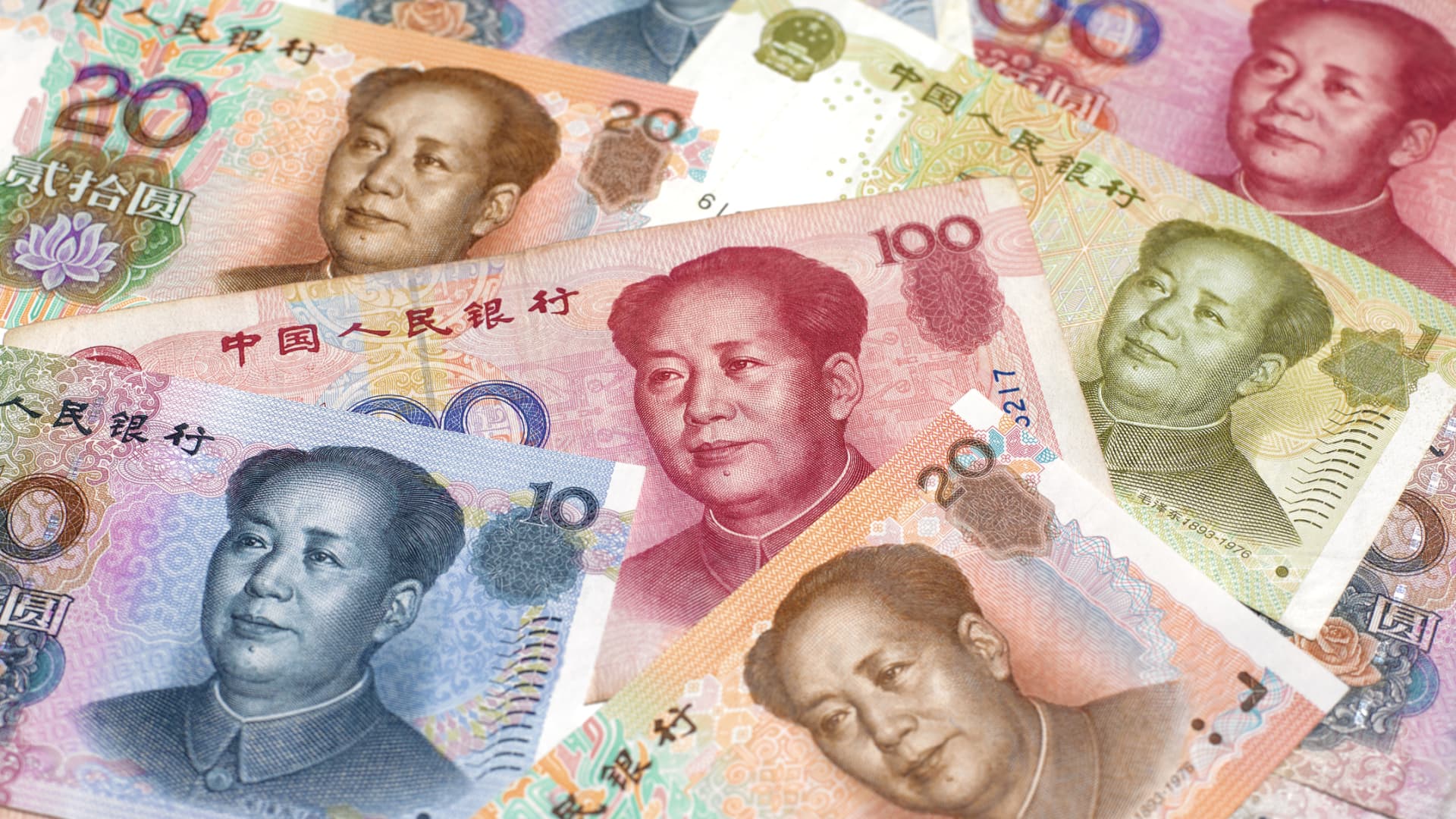China’s recent policy support is aimed at fixing its system and shouldn’t be seen as economic stimulus, according to Societe Generale’s Asia chief economist and head of research.
“Actually, to be frank, I don’t think anything [that] has happened should be considered stimulus, they are stop-gap measures. Even the extra 1 trillion [central government debt] issuance, if you compare that amount to land sales revenue that’s lost because of the housing correction, it’s not even enough,” Wei Yao told CNBC Street Signs Asia on Tuesday.
In late October, Chinese authorities announced a rare mid-year revision, which included the issuance of 1 trillion yuan in ($137 billion) in government debt — one of the biggest changes to the national budget in years. The amount was for the reconstruction of areas hit hard by natural disasters — such as this summer’s historic floods — and for catastrophe prevention.
China’s post-Covid recovery stalled a few months after the country emerged from its stringent zero-Covid measures toward the end of last year. Some of China’s largest real estate developers are facing serious debt issues as part of Beijing’s broader deleveraging of the once-bloated real estate sector — which accounts directly and indirectly for about up to a third of China’s economic activities.
“So we are just moving from a phase where the government wasn’t so much worried about the economy [to] now they start to worry and start to put a stop to the decline,” Yao said.
“It’s an improvement, but at the same time, if you listen to them, they are not thinking about … stimulus either. It’s about fixing the system, try to resolve the debt problem — which in some ways, is the right one.”
Investors and market watchers have been looking for fresh cues at two key meetings: the Central Economic Work Conference, an annual policy meeting that charts the country’s economic and financial agenda usually held in December; and the China Communist Party’s Third Plenum, a meeting that typically focuses on discussing the country’s economic issues and held in either October or November, a year after a renewal of leadership.
With the Politburo not setting a date for the Third Plenum at its meeting last week, there are some expectations it will now only take place in 2024.
PMI divergence
Expansion in China’s services sector climbed to its strongest since August, a private survey on Tuesday showed. The Caixin China services purchasing managers’ index came in at 51.5 in November, according to a release dated Dec. 5, rising from 50.4 in October and 50.2 in September.
A reading above 50 indicates expansion in activity, while a reading below that level points to a contraction.
However, the private survey diverged from China’s official PMI. Official non-manufacturing PMI services sub-index for November released last week came in at 49.3, showing a contraction for the first time since December 2022.
There was a similar divergence between the private and official manufacturing PMIs.
The Caixin reading released Friday pointed to an expansion in manufacturing in November at 50.7 from 49.5 in October. On the other hand, the official manufacturing purchasing managers’ index unexpectedly edged lower to 49.4 in November from 49.5 in October, according to data from the National Bureau of Statistics.
“We think the divergence between the NBS and Caixin manufacturing PMIs mainly reflects a persistent drag from the property market downturn on industrial demand, as well as moderating activity levels in the traditional manufacturing sectors,” Barclays’ China economists led by Jian Chang, wrote in a note dated Dec. 1.
The moderating manufacturing PMI and contracting services PMI, along with other November data point to the fragility of the Chinese economy and a faster deceleration of growth momentum last month, they added.
The official PMI includes more companies engaged in heavy industries compared with the Caixin PMI, which covers more consumer-focused firms, Barclays economists said.
“The economy is still on the cusp of stabilization, but it’s a pretty treacherous path because the system is working against some very sizeable immense downward pressure still coming first and foremost [from] the housing sector, and then of course, there’s all these debt problems that they still need to resolve,” Yao told CNBC Tuesday.
“I think the story’s not so much changed in the sense that it is a recovery, but it’s a weak one,” she added.
— CNBC’s Evelyn Cheng contributed to this report.
